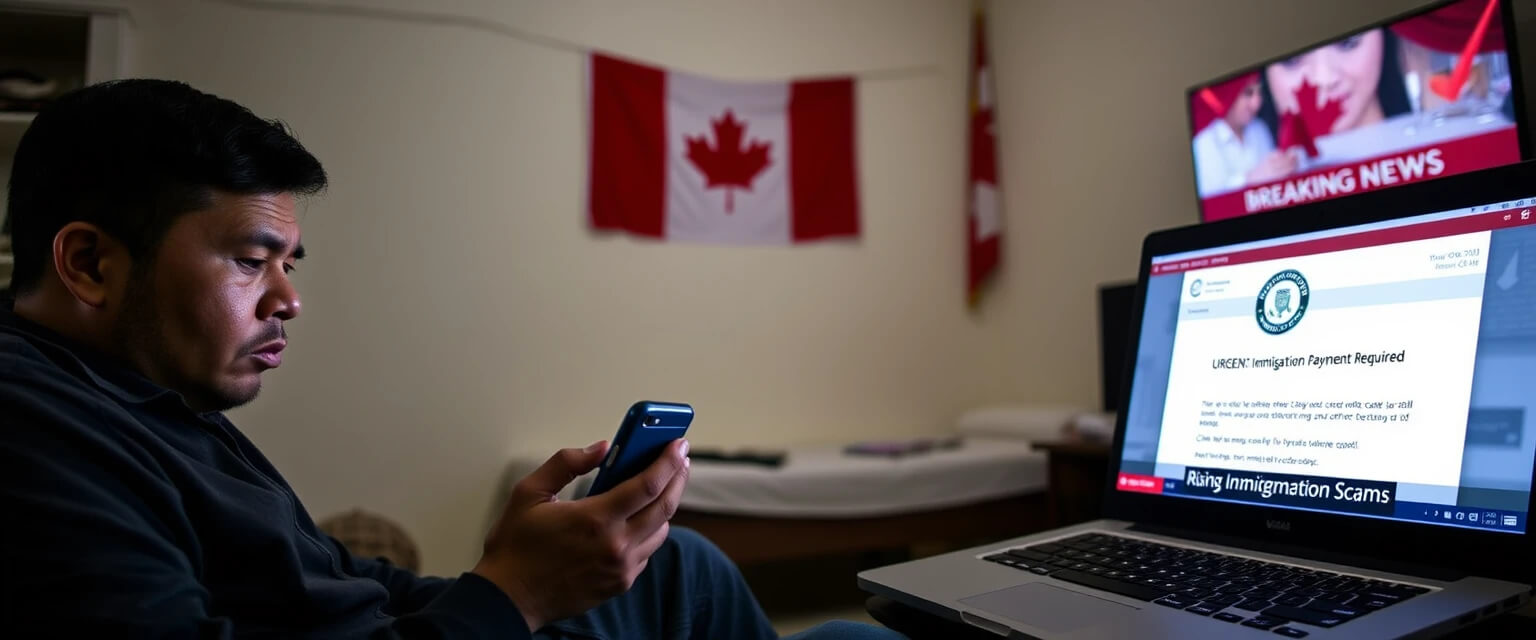Great News! Canada’s new Home Care pathway needs level 4 in the Canadian Language Benchmarks (CLB) only
Canada’s new Home Care Worker Immigration Pilots will launch on March 31, 2025. The new pilots will lower language and education requirements. You need a level 4 in the Canadian Language Benchmarks (CLB). Only a high school diploma is required for this new pathway. If you’re considering Canada immigration programs for caregivers, it’s the perfect time to apply, as the eligibility criteria have been made more accessible.
Under the HCWP, Canada plans to grant Permanent Residence to 2,750 home care workers. The best part of this pathway is that 150 seats are reserved for home care workers currently out of status in the country. Canada’s new Home Care Worker Immigration Pilots will replace the previous Home Child Care Provider Pilot and Home Support Worker Pilot, which closed in June 2024. If you’re looking to apply for a home care worker visa in Canada, getting expert guidance from an Immigration Consultant in Mississauga can improve your chances of approval.
What Changes Will We See in This Program?
This home care worker PR pathway in Canada will feature two streams:
- For home care workers already in Canada
- For those not currently working in Canada
The first stream is for Workers in Canada, and it will begin accepting applications on March 31, 2025. The second stream is for foreign home care workers, which will open later in 2025, with specific details to be announced by Immigration, Refugees and Citizenship Canada (IRCC). If you’re a caregiver seeking a Canada job offer for home care workers, this program could be your best chance to secure a work permit and permanent residency.
Stream 1: Workers in Canada
This stream is for home care workers already residing in Canada and will begin accepting applications on March 31, 2025. Those currently employed in the caregiving sector may find this the easiest way to immigrate to Canada as a caregiver.
Stream 2: Applicants Not Working in Canada
This stream is for foreign home care workers not currently in Canada. It will open later in 2025, with specific details to be announced by IRCC.
What Is the Purpose of This Pathway?
The purpose of this pathway is clear—Canada needs more home care workers. These pilots aim to provide a reliable immigration pathway for caregivers, support families and communities, and attract skilled workers who can contribute to Canada’s economy and social well-being. If you’re looking to work in Canada as a home care worker, getting support from an Immigration Consultant in Toronto can help you navigate the process efficiently.
Who Can Apply for Home Care Worker Immigration Pilots (HCWP) in 2025?
Many people assume that more Canadian work experience improves their CRS score. However, this IRCC home care worker pilot 2025 launching in March does not require a Canadian Language Benchmarks (CLB) 7. The new pilots lower language and education requirements, making it easier for skilled workers to apply. Applicants still need the necessary skills to perform their jobs and must adapt to the Canadian labor market.
However, applicants will now only need: ✔ Education: A secondary school diploma or equivalent.
✔ Work Experience: Six months of relevant work experience OR at least six months of home care training (experience can be in Canada or abroad).
✔ Language Proficiency: Minimum CLB 4 in English or French.
✔ Job Offer: From a private household or as a directly hired full-time home care worker.
✔ Intent to Reside: Must intend to reside in a province or territory other than Quebec.
✔ No LMIA Required: Labour Market Impact Assessments (LMIAs) are not necessary for these job offers.
If you’re looking for LMIA-exempt caregiver jobs in Canada, this program eliminates the need for employers to obtain an LMIA, making the hiring process easier for both workers and employers.
Canada’s Growing Demand for Home Care Workers
The home care industry in Canada is growing rapidly, with the market projected to reach $4.8 billion in four years. As Canada’s aging population increases, the demand for skilled caregivers continues to rise. According to Statistics Canada, the country is actively seeking home care workers to ensure that seniors and individuals with disabilities receive the care they need.
Book an Appointment with Sahil for any Immigration related Queries
If you’re planning to apply for Canada’s Home Care Worker Immigration Pilots and need step-by-step guidance, working with an experienced Immigration Consultant in Brampton can help maximize your chances of success. Sayal Immigration specializes in helping caregivers, skilled workers, and families find the right immigration pathways for a successful future in Canada.











